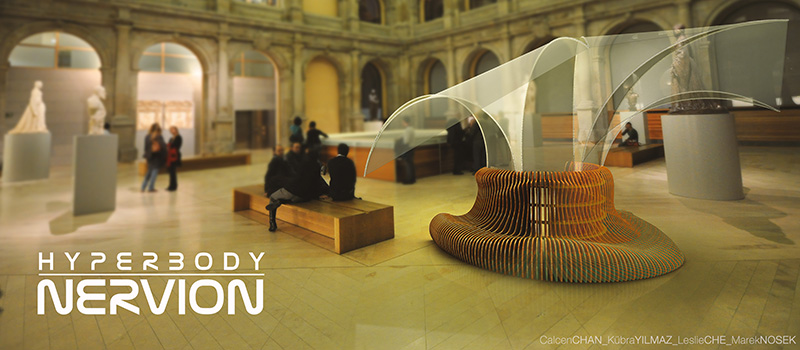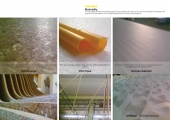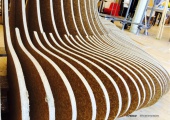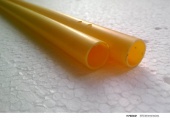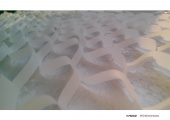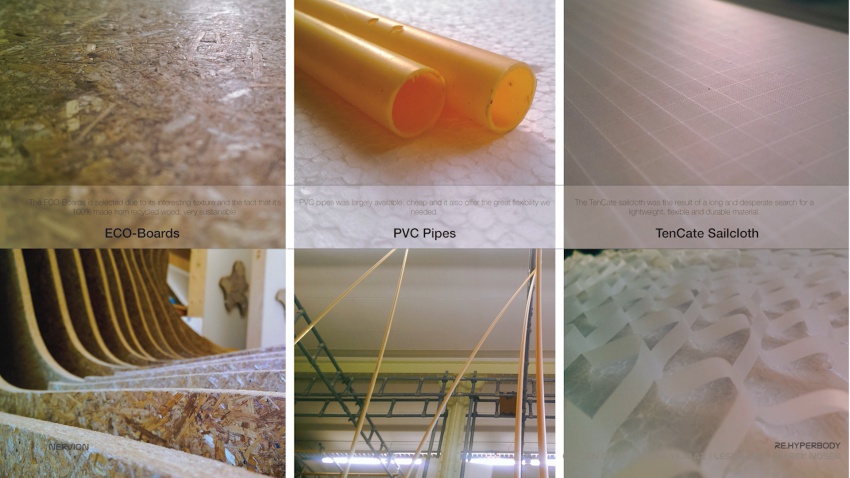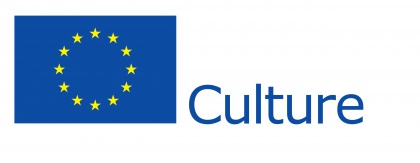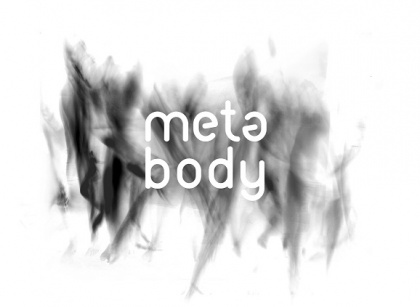Difference between revisions of "Msc2G4:MATERIALITY"
From re
(→Materials) |
Gary Chang (Talk | contribs) (→Materials) |
||
| (2 intermediate revisions by 2 users not shown) | |||
| Line 36: | Line 36: | ||
File:Wood.jpg|Eco boards profiles | File:Wood.jpg|Eco boards profiles | ||
File:PVC.jpg|PVC tubes | File:PVC.jpg|PVC tubes | ||
| + | File:Skin Tencate.jpg|Sailcloth | ||
</gallery> | </gallery> | ||
| − | + | [[File:Material 01.jpeg|850px]] | |
| − | Material of | + | |
| + | ---- | ||
| + | With the support of the Culture Programme of the EU.<br> | ||
| + | [[File:EU_flag.jpg|420px]][[File:META_logo.jpg|420px]] | ||
Latest revision as of 11:40, 23 March 2016
Materials
According to the materiality, two key words are important: form and flexibility. Every component has different rules and requirements, and according to that a material is chosen after several tests. The central brain is made of wooden sheets of ECO Boards, which are 100% recycled wooden sheets. The muscle rods exists of PVC tubes due to the length and its flexibility, which is a rule for the transmission from data to form. The motion skin exists of a special sailcloth, a very lightweight material which makes the motion visible of the muscles.
